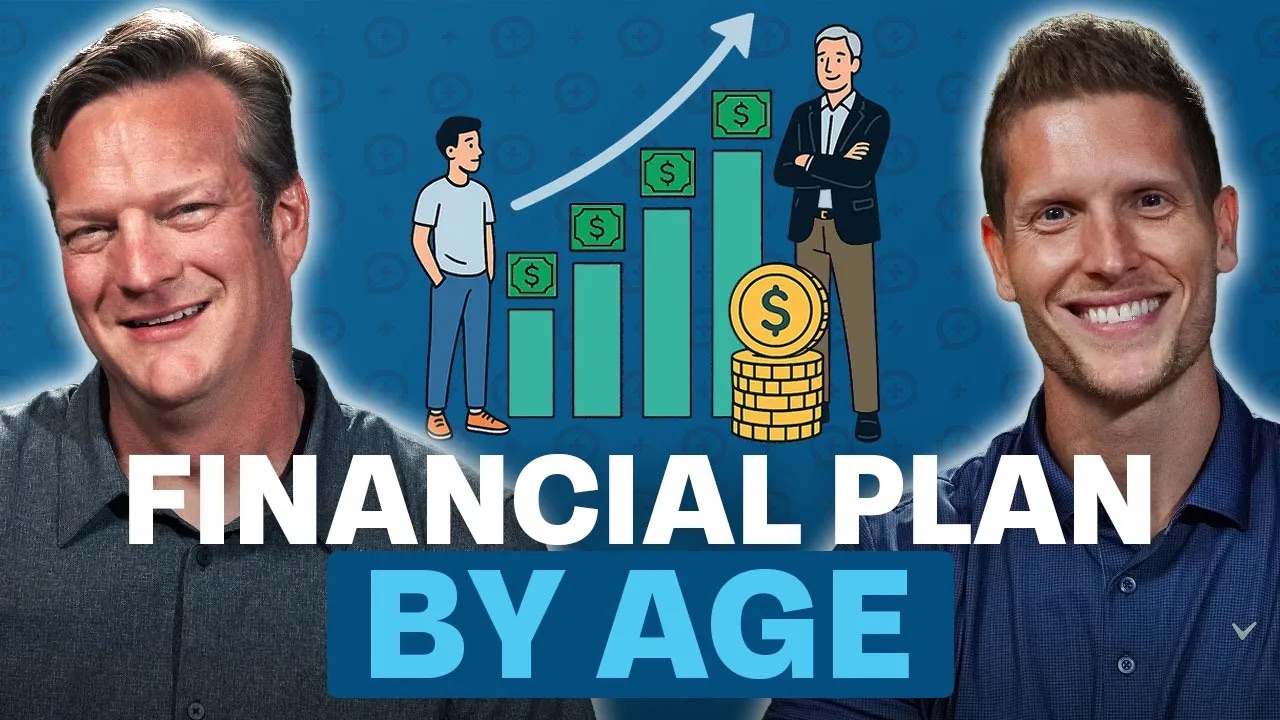It's too important to pass up on getting your employer's free money. I hate to say it, but don't think about cold turkey and shutting down all retirement plan contributions so you can turbo charge your down payment. That free money, with a guaranteed rate of return of 50 to 100, is so powerful. Respect that step number two in the
Financial Order of Operations and get that free money from your employer if that's an opportunity.
Make yourself as small as possible. I'm always amazed when people tell me they don't have enough money to do something. Let's talk about this. Do you have roommates? How are you paying for your current housing situation? It stinks, but in your 20s, you can put up with anything. Let's take advantage of that. When I find out that you're living alone and trying to save up for something, I'm like, "You haven't squeezed enough yet." You've got to make yourself as small as possible because how bad do you really want this? Realize you can either make more money or spend less money when you're trying to save extra money. So, if you're making all you can, the only other lever you have to pull is to make yourself as small as possible.
Lean into what Bo shared with you when you're hungry to make something happen. You've got to make those hard decisions. It's that whole Jerry Rice quote. "Today, I will do what others won't, so tomorrow I can accomplish what others can't." That goes with the second point I was making.
Step number four of the
Financial Order of Operations, the emergency reserves, has a lot of grace built into the rails. We do three to six months on purpose. You might be more of a three months person, but because you're trying to save up three to five percent, that expands out to six months. Take advantage of that.
In summary, don't miss out on the employer money. It's too important. Make sure you're making sacrifices in all aspects so you can really get into this difficult decision of getting a house out on the west coast. And, take advantage of that extra flexibility that's in the emergency reserve step of step four. You do have to make some sacrifices. That's the whole concept of deferred gratification. Do it now so you can have the awesomeness later.
For more information, check out our free deliverable called, "
Home Buying Checklist"













